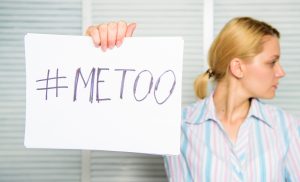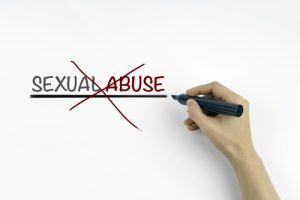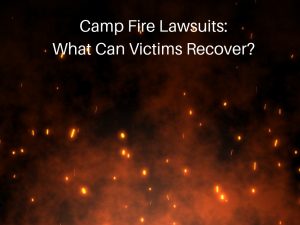 It doesn’t matter the nature of the organization – the workplace should feel like a safe and secure environment for its employees. However, in countless unfortunate cases, it can be a place of unwelcomed interactions leading to sexual discrimination, harassment, or worse – sexual assault.Not only are these actions physically and emotionally abusive, they create an unhealthy, unproductive atmosphere in the workplace that holds employers accountable. In 2018, the #MeToo movement raised considerable awareness and visibility of sexual harassment and assault in the workplace, making clear the personal toll it takes on victims’ lives. As a result, more and more victims are taking legal action to bring justice and closure to their cases. Sexual assault and sexual harassment are both situations that can be difficult to distinguish. For instance, a common question that arises in these cases is “Where does sexual harassment end and sexual assault begin?” Unfortunately, the answer to this question may not be as clear as you would think. Below we help to develop clarity around situations of sexual assault in the workplace, and what victims need to know after encountering such behaviors.
It doesn’t matter the nature of the organization – the workplace should feel like a safe and secure environment for its employees. However, in countless unfortunate cases, it can be a place of unwelcomed interactions leading to sexual discrimination, harassment, or worse – sexual assault.Not only are these actions physically and emotionally abusive, they create an unhealthy, unproductive atmosphere in the workplace that holds employers accountable. In 2018, the #MeToo movement raised considerable awareness and visibility of sexual harassment and assault in the workplace, making clear the personal toll it takes on victims’ lives. As a result, more and more victims are taking legal action to bring justice and closure to their cases. Sexual assault and sexual harassment are both situations that can be difficult to distinguish. For instance, a common question that arises in these cases is “Where does sexual harassment end and sexual assault begin?” Unfortunately, the answer to this question may not be as clear as you would think. Below we help to develop clarity around situations of sexual assault in the workplace, and what victims need to know after encountering such behaviors.
Understanding the Difference Between Sexual Harassment and Sexual Assault in the Workplace
The difference between sexual harassment and sexual assault can be a gray area somewhat ambiguous to distinguish. Not only is there confusion between these terms, many people diminish sexual harassment as an issue that takes a distant back seat compared to sexual assault. The fact of the matter is, there’s considerable overlap between how these occurrences are defined, and within the continuum of harm, sexual harassment may eventually lead to sexual assault.







